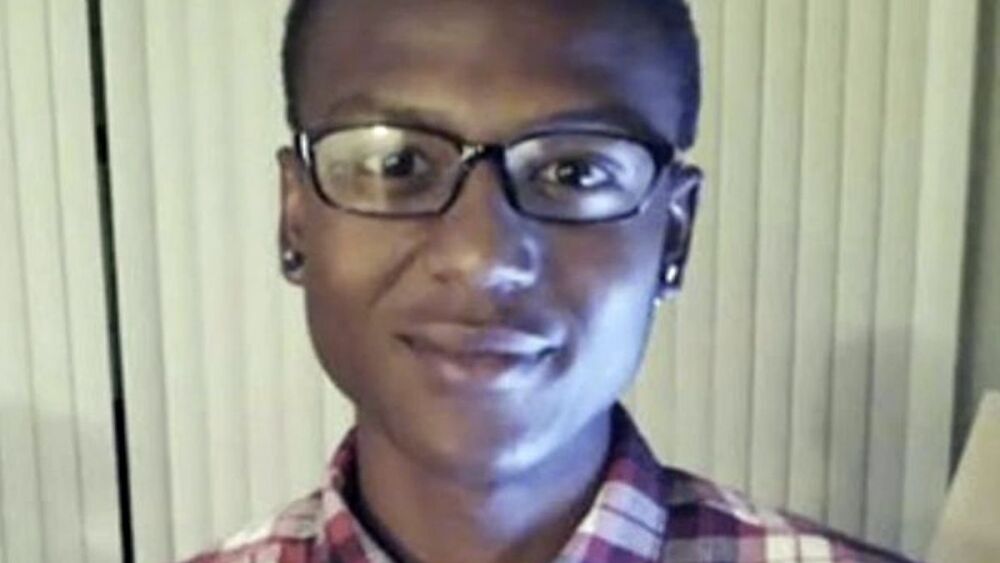Elise Schmelzer
The Denver Post
AURORA, Colo. — One of the former Aurora paramedics indicted on manslaughter charges in connection with Elijah McClain’s death is asking a judge to dismiss the case against him, arguing there is not enough evidence to warrant the charges.
Lawyers for former Aurora Fire Rescue paramedic Peter Cichuniec filed a motion Dec. 16 requesting that Adams County District Court Judge Priscilla Loew review the evidence in the grand jury documents and find that there is not enough probable cause to support the 11 charges against the paramedic. The charges include manslaughter, negligent homicide and assault.
“The evidence contained in the grand jury record is devoid of any evidence to establish probable cause to believe that Mr. Cichuniec knew that the principal here, Paramedic (Jeremy) Cooper, was about to engage in conduct, in determining the need for and the amount of ketamine needed, that was a gross deviation from the standard of care that a reasonable person would exercise or that Paramedic Cooper was administering ketamine for any purpose other than a lawful medical or therapeutic purpose,” the motion states.
A grand jury on Sept. 1 indicted paramedics Cichuniec and Cooper and three Aurora police officers on 32 total charges in connection with the 2019 death of Elijah McClain.
The three officers — Randy Roedema, Jason Rosenblatt and Nathan Woodyard — detained McClain on Aug. 24, 2019, after receiving a call about a suspicious person. They forced him to the ground and used a chokehold designed to block blood flow to the brain before paramedics arrived and Cooper injected him with ketamine, an anesthetic. McClain suffered cardiac arrest on the way to the hospital and never woke up. He was declared brain dead Aug. 27, 2019.
The grand jury indictment followed a criminal investigation by the Colorado Attorney General’s Office sparked by massive racial justice protests in the summer of 2020. Former 17th Judicial District Attorney Dave Young previously declined to prosecute those involved in McClain’s death.
Cichuniec’s attorneys wrote in their motion that the paramedic did not administer any medication to McClain and that he was not responsible for medical decisions made on scene.
The grand jury indictment states that Cichuniec was in charge of the Aurora Fire Rescue crew and scene safety while Cooper was the medic responsible for medical decisions about McClain. Cichuniec ordered the ketamine from a nearby ambulance and Cooper injected McClain with a too-large dose of the sedative, according to the indictment.
Cichuniec’s attorneys also argued in their motion for dismissal that “Paramedic Cichuniec’s conduct and Paramedic Cooper’s administration of ketamine in this instance was for a medical purpose and pursuant to the training provided and the protocols established by the Aurora Fire Rescue.”
Grand juries must find there is probable cause to believe someone committed a crime to indict them. Probable cause is proved if there is a reasonable basis for believing that a crime may have been committed — a far less stringent standard of proof than the beyond a reasonable doubt standard that is needed for a trial jury to convict someone.
Neither the judge nor prosecutors with the Colorado Attorney General’s Office have filed a response to the motion. A spokesman for the attorney general’s office declined to comment on the motion Thursday.
Cichuniec is scheduled for arraignment on Jan. 7. All five defendants are free on bond while the cases proceed.
___
(c)2021 The Denver Post












